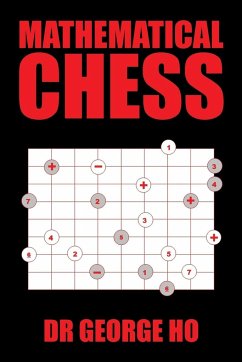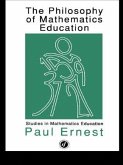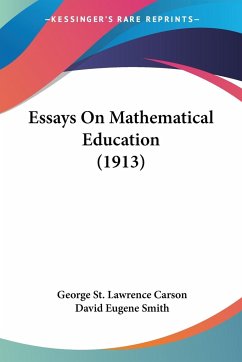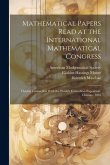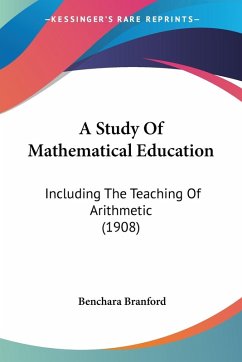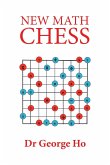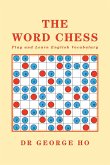Mathematical chess is a two-player educational and entertaining game played on ten digit pieces (0, 1, 2, 3, 4, 5, 6, 7, 8, 9) and six operator pieces (addition, subtraction, multiplication, division, power, and root). The chessboard is a grid made up of nine vertical and nine horizontal lines. It is flexible and suitable for all students from middle and high schools to universities. The excessive use of electronic calculators and games has caused a negative impact on the alertness of the minds and the numerical abilities of students at all levels. Dr Ryan said, 'In numeracy, the young teenage student in 2003 was approximately a quarter of a grade level behind his or her counterpart in 1964.' This was reported in the article 'Grade Worse Than in 1960s' (SMH, 11 February 2008). Students love challenges and competitions. Dr Robert C. Ferguson writes, 'A learning environment organised around games has a positive effect on students' attitudes towards learning' ('Teacher's Guide: Research and Benefits of Chess', 11 October 2006). The above statements drive the implementation of this mathematical chess game. Like European chess and Chinese chess, mathematical chess teaches strategy planning, problem-solving, memory improvement, decision-making, concentration, perseverance, observation, analysis, and organisation skill. Mathematical chess itself also promotes numerical abilities, mental alertness, and speedy calculation. The numeracy performance of students in many countries has not improved since 1960, not because of the incompetence of the teachers, but because an educational game interesting and challenging enough to attract students' attention did not exist. Mathematical chess can help resolve this drawback. The author's dream is to see mathematical chess become a popular game in all middle and high schools, and to see the love and passion of mathematics flowering in the minds of young people around the world.
Hinweis: Dieser Artikel kann nur an eine deutsche Lieferadresse ausgeliefert werden.
Hinweis: Dieser Artikel kann nur an eine deutsche Lieferadresse ausgeliefert werden.

